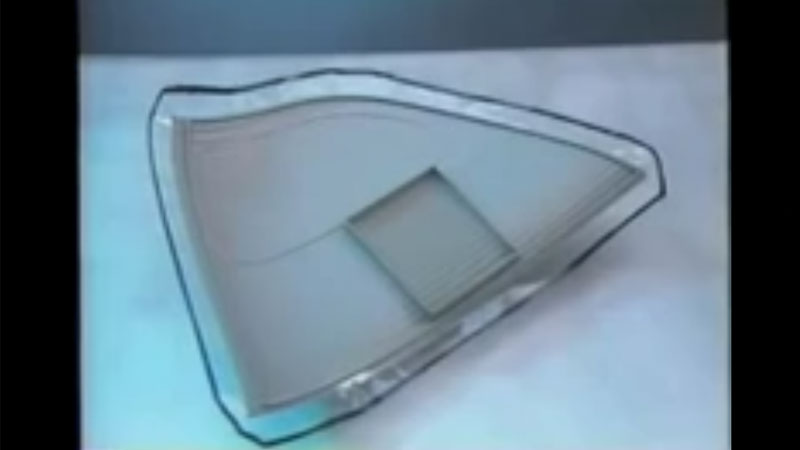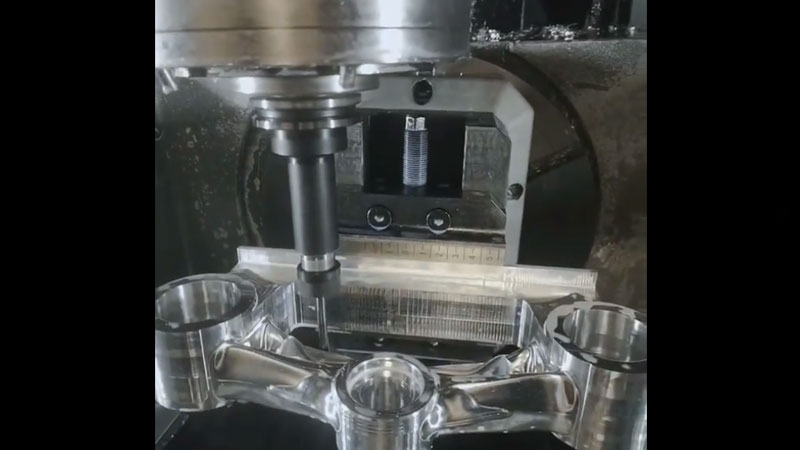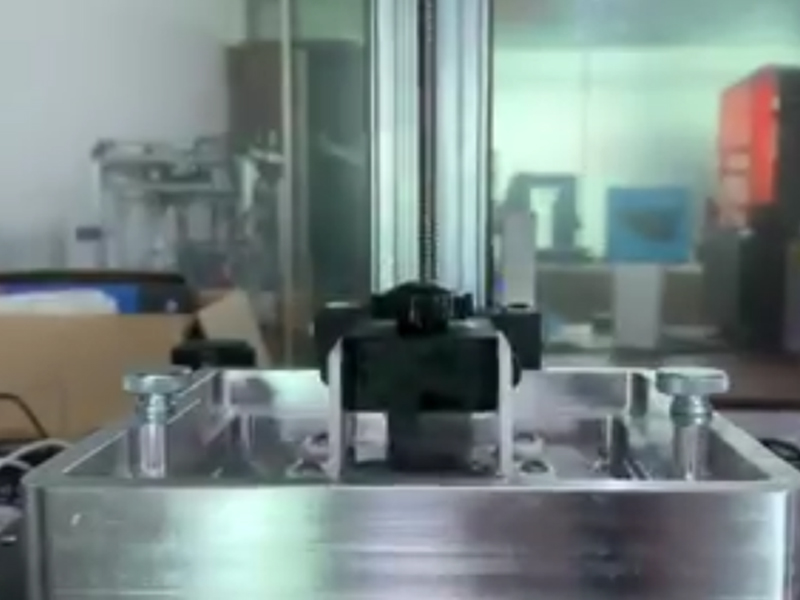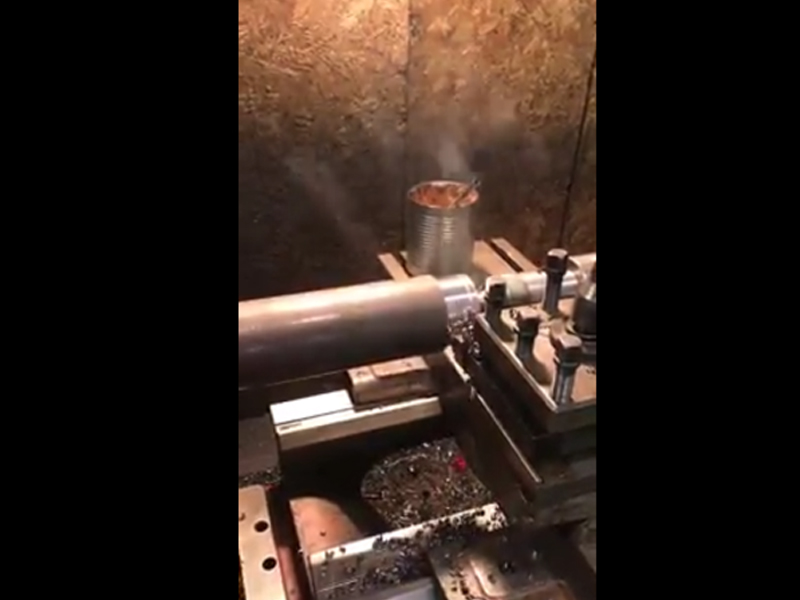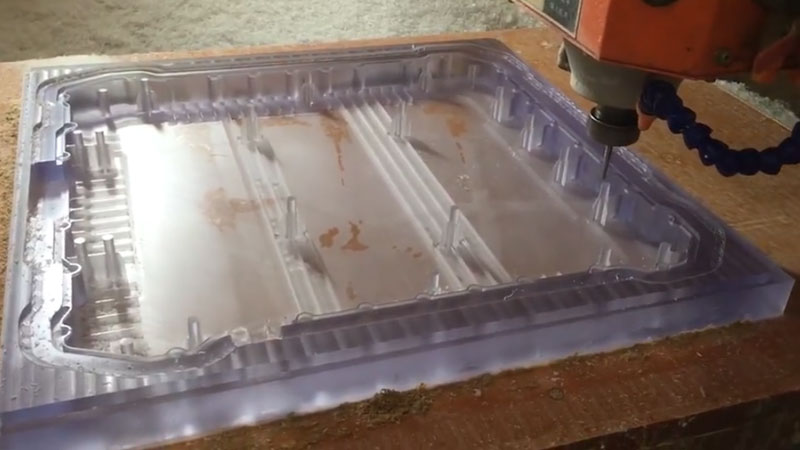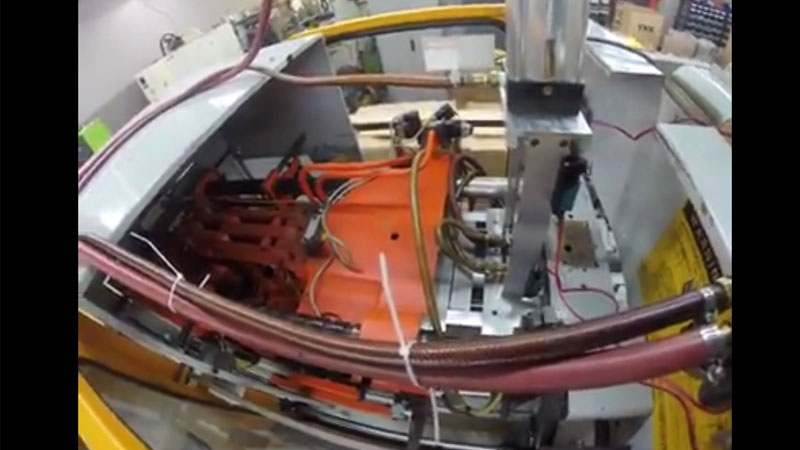CNC lathing of metal parts
Rapid CNC Machining Services
Our company apply the most advanced equipment to try to provide you a consolidate CNC machining services , these include milling, turning, EDM, wire EDM, surface grinding and much more. By using our imported multiple axis CNC machining centers, we can make all kinds of plastic and metal parts in n turning or milling. Together with our 3D printing service ,our CNC machining capacity provide you a great one-stop-shop for your advanced designs.
What is CNC Machining?
CNC machining is a manufacturing process in which pre-programmed computer software dictates the movement of factory tools and machinery. The process can be used to control a range of complex machinery, from grinders and lathes to mills and routers. With CNC machining, three-dimensional cutting tasks can be accomplished in a single set of prompts.
Advantages Of CNC Machining
• Fast
• Accurate
• Can proceed different kinds of material
• Flexible quantity
• Low cost
CNC Machining MATERIAL
• Plastic: ABS, PC, ABS+PC, PP, PS, POM, PMMA (Acrylic), PAGF30, PCGF30, Teflon, DHPE, HDPE, PPS, PEEK.
• Metal: Aluminum, Steel, Stainless Steel , Magnesium, Titanium, Zinc, Brass, Bronze, Copper.
What is CNC milling and turning ?
CNC milling is a particular form of precision machining in which a cutter removes material by moving into the work-piece at an angle. The movement of the cutter is controlled by computer instructions, allowing for extreme precision and repeat-ability.
CNC turning is a particular form of precision machining in which a cutter removes material by making contact with the spinning workpiece. The movement of the machinery is controlled by computer instructions, allowing for extreme precision and repeatability.
Turning is different to CNC milling, in which the cutting tool rotates and is directed from multiple angles at the workpiece, which is usually stationary. Because CNC turning involves rotating the workpiece in a chuck, it is generally used to create round or tubular shapes, achieving far more accurate rounded surfaces than would be possible with CNC milling or other processes.
EDM / Wire EDM
Wire electrical discharge machining is a high-precision method for cutting nearly any electrically conductive material. A thin, electrically-charged EDM wire held between upper and lower mechanical guides forms one electrode, while the material being cut forms the second electrode. Electrical discharge between the wire and the workpiece creates sparks that rapidly cut away material. Submerging the workpiece and wire in deionized water, allows cutting debris to be flushed away.
As the charged wire never makes physical contact with the workpiece in EDM machining, there are no cutting forces involved, making it possible to manufacture extremely small and delicate parts. Parts that require levels of accuracy and intricacy that traditional machining cannot achieve can easily be produced via wire EDM
CNC Machining Tolerances
Our general tolerances for CNC machining of metals is DIN-2768-1-fine and for plastics, DIN-2768-1-medium.
CNC Machining Materials
A lot of plastic and metal materials including magnesium, steel, aluminum, brass and titanium can be used to make tooling for plastic injection molding and pressure die casting or to make parts for rapid prototypes and low-volume production.
Rapid Tooling Service
We use different kind of materials to make hard tooling to fulfill your need . Usually we use P20, NAK80, S136 stainless and H13 semi-hardened steel for quality tools which volumes up to 100,000 pieces. Special case can be negotiated. Learn more about our rapid tooling service.
CNC Machining Quickfacts
• Why choose CNC machining?
CNC machining is good for any quantity and production quality part . It is fast, accurate and low cost .
• What raw materials can I use with CNC machining?
Parts can be made in various materials including mild and stainless steel, aluminum, brass, copper, magnesium and titanium. We can also machine rigid plastics. Check out our list of frequently used materials.
• What tolerances can I achieve with CNC machining?
Normally we can reach 0.05 microns, which is suitable for the majority of commercial and industrial applications.
 info@bofongrapid.com
info@bofongrapid.com






